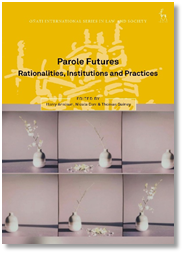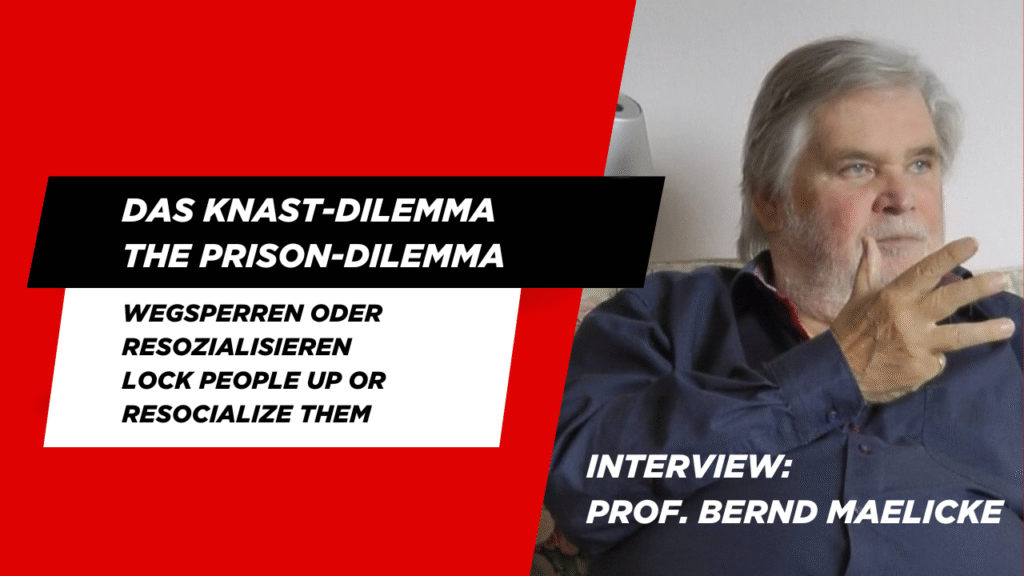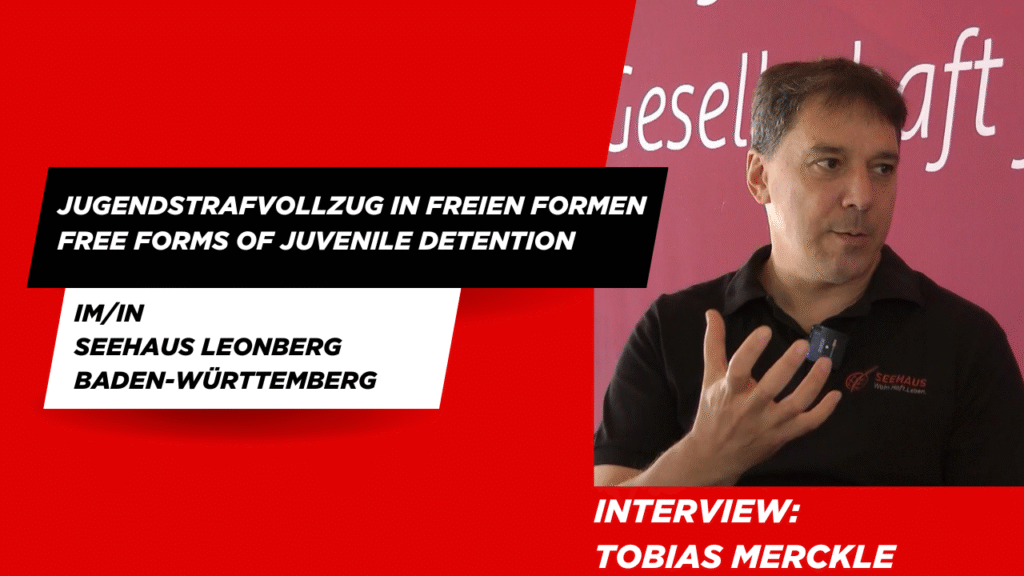Previous Article
News
CEP Awards winner in the spotlight part 3: Research Award
In October 2016, CEP launched the CEP awards, a celebration of outstanding contributions to probation. The awards scheme reflects CEP’s vision: to contribute to safer communities by rehabilitating and reintegrating offenders and providing the best possible interventions to reduce re-offending and the impact of crime. Third of 4 categories is the Research Award. Winner is Professor Peter Raynor from the department of Criminology, Swansea University, for his ‘Jersey Supervision Skills Study’. Research which has made an outstanding contribution to probation practice.
The Jersey Supervision skills study aims to measure the impact of skills in probation work. Videotaped interviews were produced by a group of probation officers and analysed by researchers using a checklist designed to identify the range of skills used in one-to-one supervision. Reconviction rates were found to be significantly lower among those whose supervisors were assessed as using a wider range of skills.
The study is based on 95 video-recorded interviews with people under supervision or pre-sentence investigation, provided by most of the probation staff who have responsibility for supervising offenders in the British Channel Island of Jersey. The aims of the study were to document and measure the use of interview skills by participating staff, and to ascertain whether differences in observed skills were related to differences in outcomes for people under supervision. A subsidiary aim was to develop a checklist for the observation of skills which could function both as a research instrument and as a training resource for practitioners themselves. The checklist and video recording of interviews have been incorporated into Jersey Probation Supervision practice and the checklist has been provided to over 30 different organisations worldwide to date. It shows that Probation Works. Jersey Probation Service outcome measures which were already strong continue to improve following the use of the checklist.
Outcomes
The study shows what skills are used and the effects of skilled supervision. On average, the staff scored more highly in the relationship skills than in the structuring skills. This may reflect the fact that most Jersey probation officers have qualified as social workers (as probation officers in England and Wales did before 1998) and relationship skills tend to feature strongly in social work training, whereas several of the structuring skills are more likely to be encountered, if at all, in post-qualifying or in-service training.
People supervised by more skilled staff were significantly less likely to be reconvicted over a two-year follow-up, and the most effective supervisors combined good relationship skills with a range of ‘structuring’ or change-promoting skills. In effect, this can be regarded as a test of the impact of social work skills used by probation staff and suggests that a closer relationship between mainstream social work research and probation research could be productive for both.
The checklist and video recording of interviews have been incorporated into Jersey Probation Supervision practice and the checklist has been provided to over 30 different organisations worldwide to date. It shows that Probation Works. Jersey Probation Service outcome measures which were already strong continue to improve following the use of the checklist.

Related News
Keep up to date with the latest developments, stories, and updates on probation from across Europe and beyond. Find relevant news and insights shaping the field today.

Probation in Europe, Technology
Have Your Say: EU Call for Evidence on the Digitalisation of Justice (2025–2030)
18/08/2025
The European Commission has opened a Call for Evidence on the Digitalisation of Justice: 2025–2030 European Judicial Training Strategy.
Reading corner

Criminal Justice
Parole Futures
18/08/2025
At a time when many parole systems are experiencing considerable strain, the aims of this collection are twofold: first, to encourage systematic and critical reflection on the rationalities, institutions and practices of parole. Second, to think big, and pose ambitious ‘what if’ questions about the possible futures of parole and prison release. Offering novel insights from Asia, Australia, Europe, North America and South America, this collection builds the case for, and then showcases, a ‘way of doing’ parole research that is global in outlook, interdisciplinary in approach and unapologetically normative in character.
New

Probation in Europe
New Vodcast Episode: Prof. Bernd Maelicke on The Prison-Dilemma
12/08/2025
The 13th episode of Division_Y features an in-depth conversation with Prof. Bernd Maelicke, one of Germany’s most respected voices in prison and probation reform.
New

Probation outside Europe
CEP Ambassador Steve Pitts Receives Prestigious Japanese Honour
05/08/2025
We are pleased to share that CEP Ambassador Steve Pitts has been awarded the prestigious Order of the Rising Sun, Gold Rays with Rosette by the Government of Japan. The honour was officially presented on 25th July 2025 at a formal ceremony held at the Japanese Ambassador‘s residence in London, hosted by the Japanese Ambassador.
New

CEP Events
Mark Your Calendars: Exciting Probation Events Ahead
30/07/2025
As the season continues, we’re looking ahead to a dynamic line-up of events across Europe. From specialised workshops to international training and conferences, there’s something valuable for everyone working in probation and beyond.
New

Probation in Europe
New Vodcast Episode: Tobias Merckle on Free Forms of Juvenile Detention
12/07/2025
The 12th episode of Division_Y features an engaging discussion with Tobias Merckle, a social worker and social entrepreneur from Baden-Württemberg, Germany.
Subscribe to our bi-monthly email newsletter!
"*" indicates required fields
- Keep up to date with important probation developments and insights.

